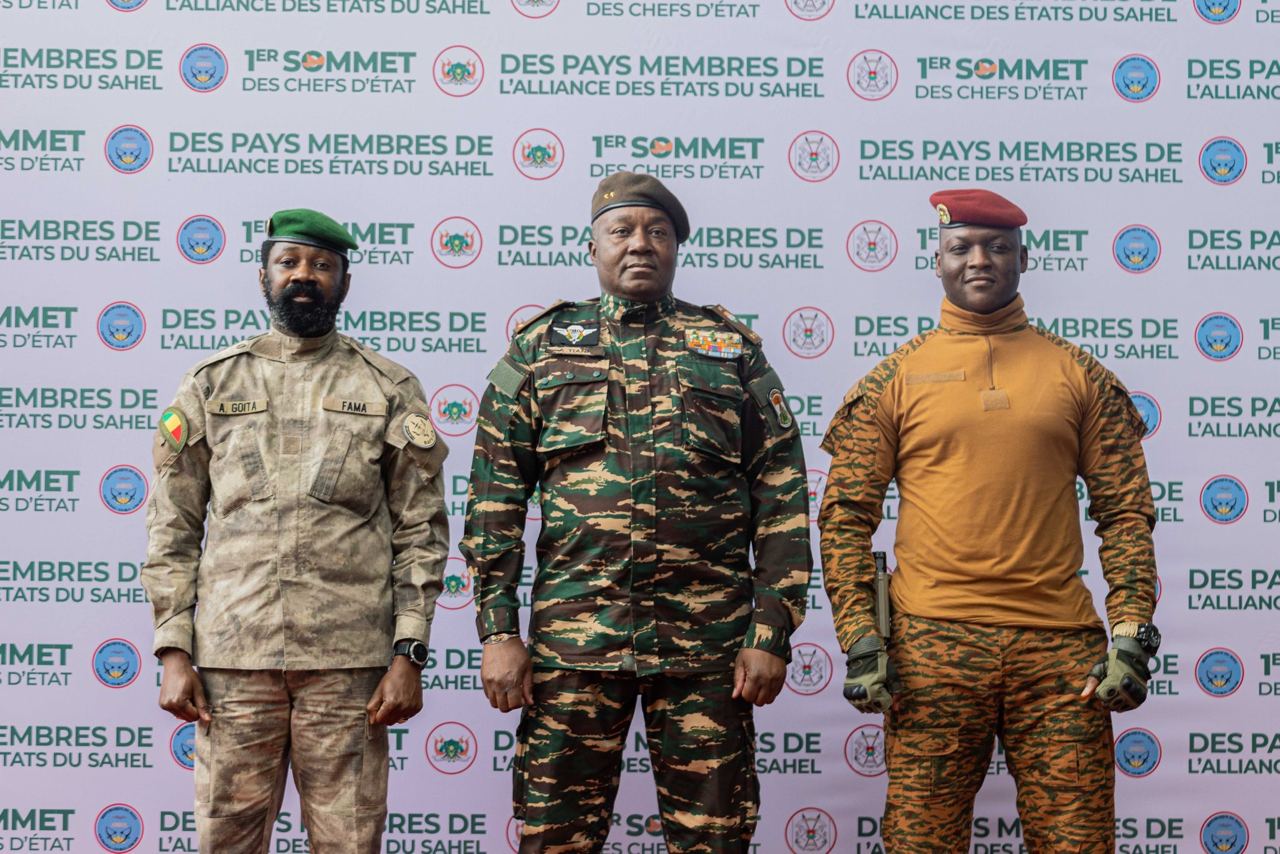Lukashenka on Abkhazia, Russia and the EU
Lukashenka on Abkhazia, Russia and the EU
Belarus President Alexander Lukashenka put on a grand performance in the Lithuanian capital of Vilnius on September 16 during the Lithuanian-Belorussian business forum. It was his second visit to an EU member country since the EU-imposed ban on his travel was lifted.
For starters, Lukashenka told participants that the Belarus parliament will review the question of recognizing the Russian occupied Georgian provinces of Abkhazia and South Ossetia in October.
The crafty former collective farm chairman, once seen as the last dictator in Europe, did not provide any hints as to what the outcome of these deliberations would be by his rubber stamp parliament. But the mere fact that he chose to highlight this issue a few days after Venezuelan President Hugo Chavez promised to recognize the occupied territories in return for a highly lucrative arms deals worth $2.2 billion with the Kremlin, could be a sign that Lukashenka is also willing to recognize the break-away Georgian regions for a price.
At stake is a $500 million loan which the nearly bankrupt Belarus is seeking to obtain from Russia.
However, according to Kommersant daily, the Russian Ministry of Foreign Affairs and sources in the Kremlin stated that Russia is not interested in providing any further credits to Belarus, even if the former Soviet Republic does recognize Abkhazia and South Ossetia.
A source in the Russian president’s administration told Kommersant: “Lukashenka’s statement is his personal initiative. He promised this [to recognize Abkhazia and South Ossetia] a long time ago” To link the recognition of Abkhazia and South Ossetia with credits from Russia is senseless.”
The Belarusian president used the forum in Vilnius to present his views on relations between Belarus and the EU.
“We want to be a bridge between the East and West … Why should we get rid of our relationship with Russia? Who would benefit from that?” “We want to be a good and strategic partner of the European Union,” “I want the Europeans to understand we cannot be pushed about or made to do anything we don’t want to.” His country stood “on the threshold of accession to the European Union”, Lukashenka stated.
While Moscow is hedging on loaning any more money to its neighbor and erstwhile ally, the West appears anxious to pull Belarus further from the Russian sphere.
Martin Raiser, the World Bank country director for Ukraine, Belarus and Moldova said that the World Bank is considering extending a $200 million development credit issued to Belarus by offering the country two more development loans worth $200 million each.
This year, the World Bank’s total assistance to Belarus might total $325 million.
According to Reuters: “This… would be only a fifth of the $1.5 billion that Belarus has received from the International Monetary Fund since January as a part of a $3.5 billion stabilization loan.”



